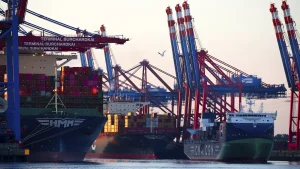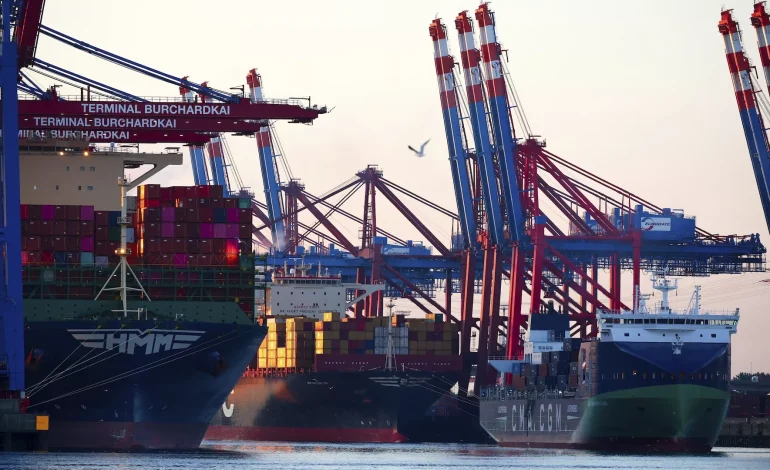Germany’s economic sentiment plummeted in August, dragging the eurozone down with it, as global trade slowdown, stock market turmoil, and Middle East tensions fueled pessimism, Euronews reports.

The ZEW Economic Sentiment Index, a key indicator of financial expert expectations, fell dramatically from 41.8 points in July to just 19.2 points in August, marking the most significant monthly deterioration since July 2022. The decline, which undershot market expectations, reflects growing concerns about Germany’s economic outlook and broader implications for the eurozone.
Similarly, the eurozone’s economic sentiment also deteriorated sharply, with the corresponding index dropping from 43.7 to 17.9 points, the lowest since February and well below the expected 35.4. This represented the most severe monthly deterioration in the bloc’s economic morale since April 2020.
The decline in sentiment is attributed to a confluence of factors impacting Germany’s export-driven economy. A slowdown in global trade, particularly weakening demand in China, has significantly impacted the country.
“The economic outlook for Germany is breaking down. In the current survey, we observe the strongest decline of the economic expectations over the past two years,” stated ZEW President Achim Wambach, highlighting the role of uncertainty stemming from ambiguous monetary policy, disappointing US business data, and rising tensions in the Middle East.
The survey also revealed a decline in sentiment across key stock market indices, with experts’ morale in the DAX and STOXX 50 falling by 6.5 and 4.6 points respectively.
While the dire economic sentiment data was released, market reactions were muted. The euro remained stable at 1.0920, while the Euro STOXX 50 index rose by 0.3% during the session. Among major country indices, Spain’s IBEX 35 outperformed, rising by 0.5%, while France’s CAC 40 remained flat.









